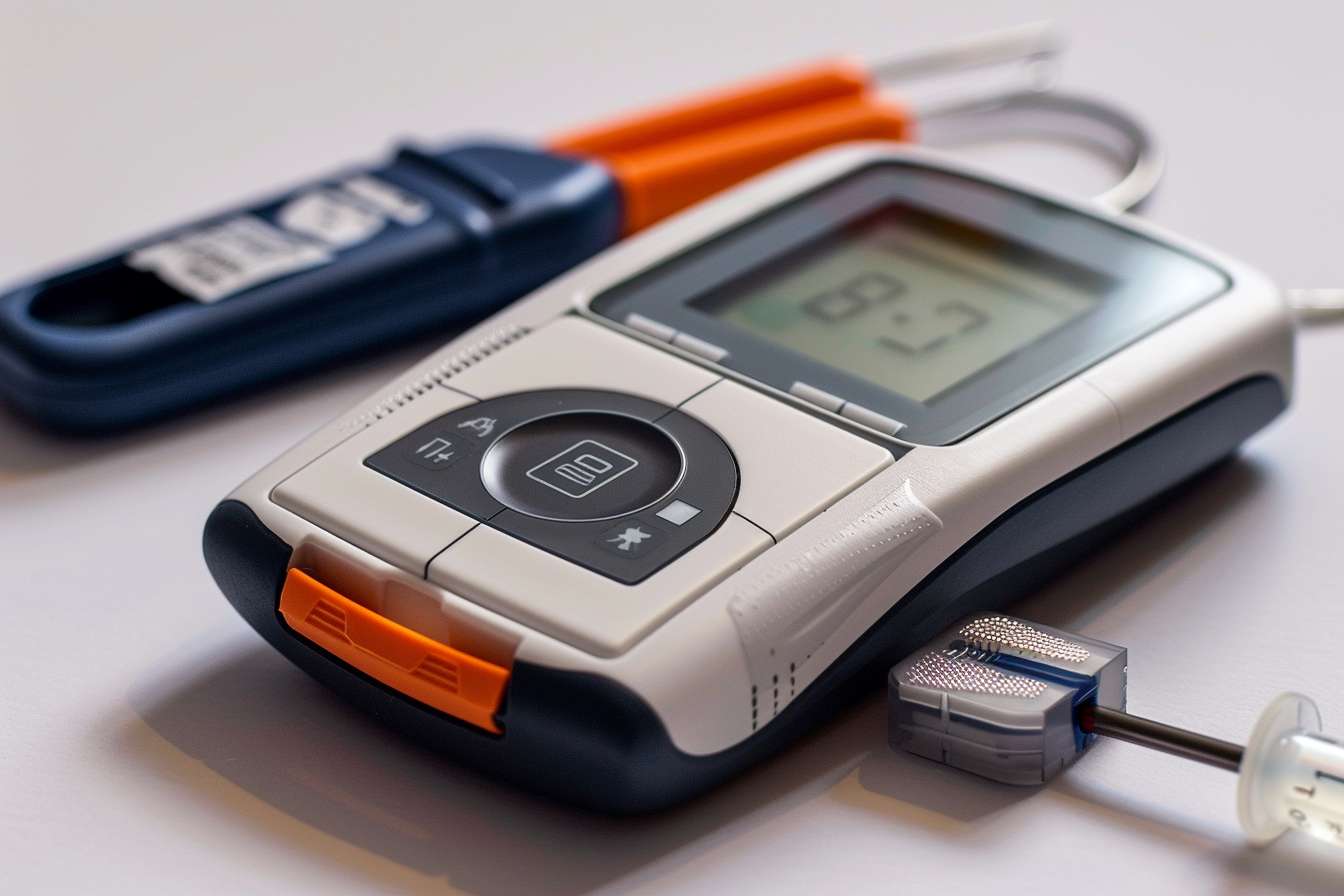What you learn in engine repair training?
Engine repair training provides a hands-on introduction to diagnosing and fixing common issues in car and small engine systems. These courses are ideal for those interested in understanding how engines work and gaining practical skills that may support future roles in automotive or mechanical fields.

What core mechanical concepts are taught in engine repair programs?
Engine repair training programs typically begin by covering the fundamental principles of engine operation. Students learn about the four-stroke cycle, which includes intake, compression, combustion, and exhaust. They also study the various components that make up an engine, such as pistons, crankshafts, camshafts, and valves. Understanding how these parts work together is crucial for diagnosing and repairing engine issues effectively.
Additionally, trainees delve into the study of different engine types, including gasoline, diesel, and hybrid engines. This comprehensive approach ensures that students are prepared to work on a wide range of vehicles and machinery. The curriculum often includes lessons on fuel systems, ignition systems, and cooling systems, providing a holistic view of engine functionality.
Which tools and safety practices are used during hands-on sessions?
Practical experience is a cornerstone of engine repair training. Students are introduced to a variety of tools essential for engine maintenance and repair. These may include wrenches, socket sets, torque wrenches, multimeters, and specialized diagnostic equipment. Trainees learn how to properly use and maintain these tools to ensure accuracy and efficiency in their work.
Safety is paramount in engine repair, and training programs place a strong emphasis on proper safety practices. Students are taught how to use personal protective equipment (PPE) such as safety glasses, gloves, and work boots. They also learn about proper lifting techniques, handling of hazardous materials, and electrical safety. These safety practices not only protect the technician but also ensure the integrity of the repair work.
How are common engine problems and diagnostic methods addressed?
A significant portion of engine repair training focuses on identifying and diagnosing common engine problems. Students learn to recognize symptoms such as unusual noises, reduced performance, and excessive exhaust emissions. They are taught to use both traditional diagnostic methods and modern computerized diagnostic tools to pinpoint issues accurately.
Trainees practice interpreting diagnostic trouble codes (DTCs) and using oscilloscopes and scan tools to analyze engine performance data. This hands-on experience with diagnostic equipment prepares them for the technological aspects of modern engine repair. The ability to accurately diagnose problems is crucial for efficient and effective repairs in real-world scenarios.
What step-by-step approaches to disassembly and maintenance are taught?
Engine repair training programs provide detailed instruction on the proper procedures for engine disassembly, inspection, and reassembly. Students learn the importance of following manufacturer specifications and using the correct torque settings when reassembling engine components. They practice techniques for removing and replacing various parts, such as cylinder heads, pistons, and timing belts.
Maintenance is another key focus of these programs. Trainees learn about routine maintenance tasks such as oil changes, filter replacements, and belt inspections. They also study more complex maintenance procedures like valve adjustments and timing chain replacements. This comprehensive approach ensures that graduates are prepared to perform both basic maintenance and complex repairs.
How does mechanical training support future technical development?
Engine repair training provides a solid foundation for future technical development in the automotive and mechanical fields. The skills and knowledge gained in these programs are transferable to a wide range of industries, including automotive repair, heavy equipment maintenance, and even aerospace engineering.
Many graduates of engine repair programs find that their training opens doors to various career paths. Some may choose to specialize in specific areas such as diesel engines or hybrid technology. Others may pursue advanced certifications or even move into management roles within repair shops or dealerships. The problem-solving skills and technical knowledge acquired during training continue to be valuable assets throughout one’s career.
What are the costs and options for engine repair training programs?
Engine repair training programs are offered by various institutions, including vocational schools, community colleges, and specialized technical institutes. The cost and duration of these programs can vary significantly depending on the level of certification and the institution offering the training.
Here’s a comparison of some common engine repair training options:
| Program Type | Provider | Duration | Cost Estimation |
|---|---|---|---|
| Certificate Program | Community College | 6-12 months | $5,000 - $10,000 |
| Associate Degree | Technical Institute | 2 years | $20,000 - $30,000 |
| Manufacturer-Specific Training | Automotive Brand | 2-6 weeks | $1,000 - $5,000 |
| Online Courses | E-learning Platform | Self-paced | $500 - $2,000 |
| Apprenticeship | Local Auto Shop | 2-4 years | Paid position |
Prices, rates, or cost estimates mentioned in this article are based on the latest available information but may change over time. Independent research is advised before making financial decisions.
When choosing an engine repair training program, consider factors such as accreditation, hands-on experience opportunities, and job placement assistance. Many programs offer financial aid options, and some employers may provide tuition reimbursement for employees seeking to enhance their skills.
Engine repair training offers a comprehensive introduction to the world of mechanical engineering and automotive technology. From core concepts and safety practices to diagnostic techniques and hands-on repairs, these programs provide the knowledge and skills necessary for a successful career in engine maintenance and repair. As vehicles continue to evolve with new technologies, the demand for skilled engine repair technicians remains strong, making this field an attractive option for those with a passion for mechanics and problem-solving.




